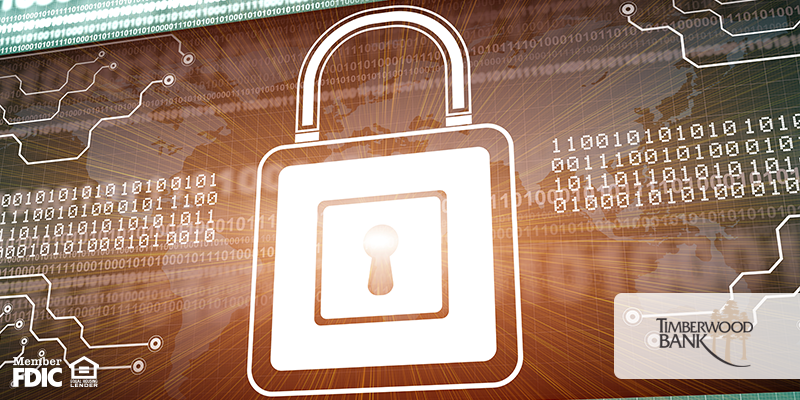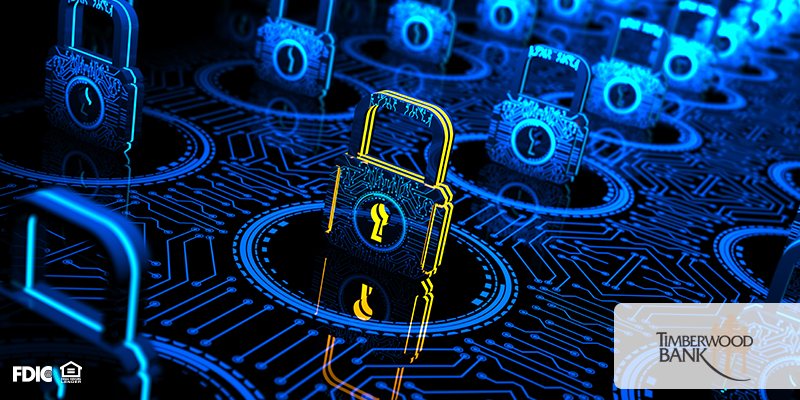
So you think you’re all set for your first day of classes. Backpack, books, iPad and smartphone in hand – you think you have everything you need for success this semester. However, learning proper cybersecurity habits are just as important to your college success as the friends you make or the assignments you accomplish.
You’re well acquainted with technology and internet scams, and think you are far off from being duped or scammed online. However, technology is ever changing which means the tactics hackers use to access your personal information can be even sneakier. In 2014, there were 13,500 burglaries reported in on campus crimes across the US. Here are some basic tips to keep in mind while on campus or use as a refresher, you smarty pants!
Keep Your Friends Close and Your Devices Closer
You’re constantly sharing a workspace with your peers. From the dorm room to the library, your devices are always accessible to others. Never leave your devices unattended. Always have a passlock on each screen, and make sure no one is lurking over you when you enter the pin. Look into purchasing a laptop lock to secure the physical safety of your device.
The Value of a Number
If you’re like most college students, you’re eating ramen and shopping at the nearest thrift store. This might be why you haven’t been worried about cyber security in the past. You can barely afford proper nutrition, so you don’t have anything worth stealing. WRONG. Your social security number is incredibly valuable to a hacker who can sell it on the dark web. They can use this to open various credit accounts in your name or hold other precious online information like family photos hostage until you pay their ransom.
Back, Back, Back it Up
We know you have a million other things on your plate right now, but be sure you are backing up your data on a secure cloud system or an external hard drive. Consistently setting a time to backup all of your important documents will help protect you against ransomware and file corruptions.
PDA: Public Displays of Access
Who doesn’t like free stuff? One of the perks of college is that you are probably going to have a lot of freebies thrown at you. This means free WiFi that you can gulp down without having to dry out your data usage while catching up with friends back home. However, even your dorm WiFi can be infiltrated by hackers who access the network’s router, create fake login pages to steal your information or take data from your device. You can protect yourself by not using public WiFi, or purchasing a VPN.
Shhh, Mums the Word
Although it might be easy and sweet to use fido in your password, make sure to keep your password on each account different and complex. You don’t want to allow a hacker to open Pandora’s box after they figure out your one password. Keep your password private and unique. We recommend incorporating special characters, acronyms or even sentences at random.
We hope that these tips will be helpful in keeping your identity safe in your college adventure!




